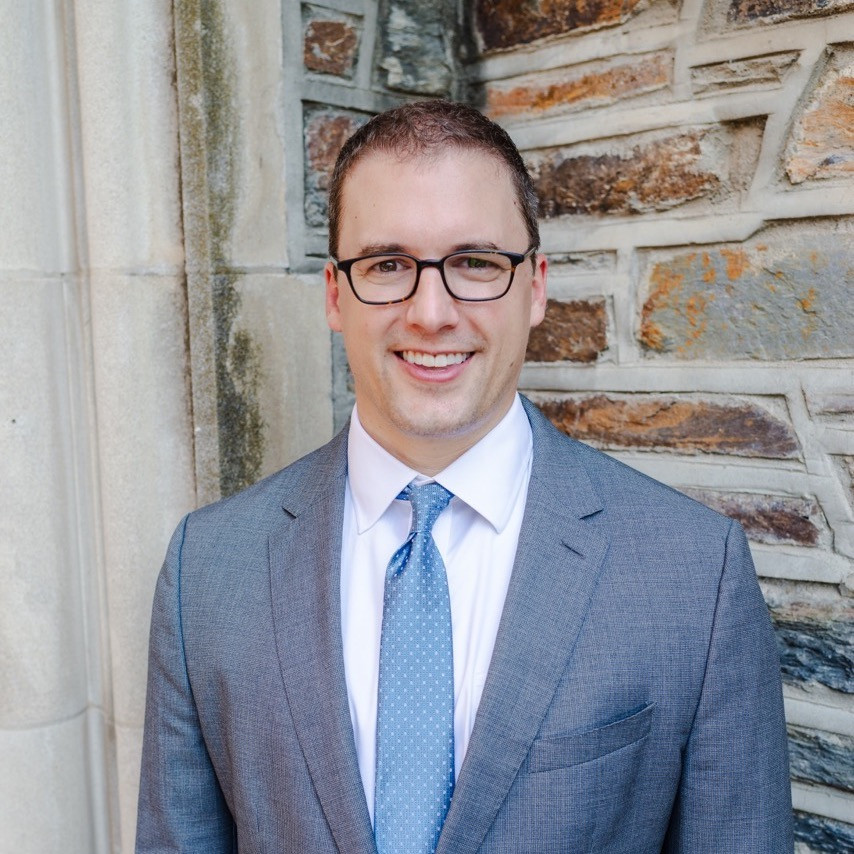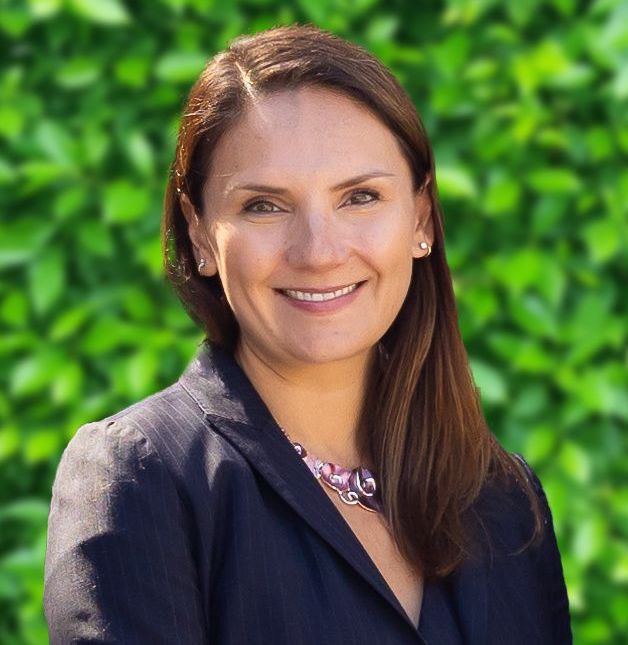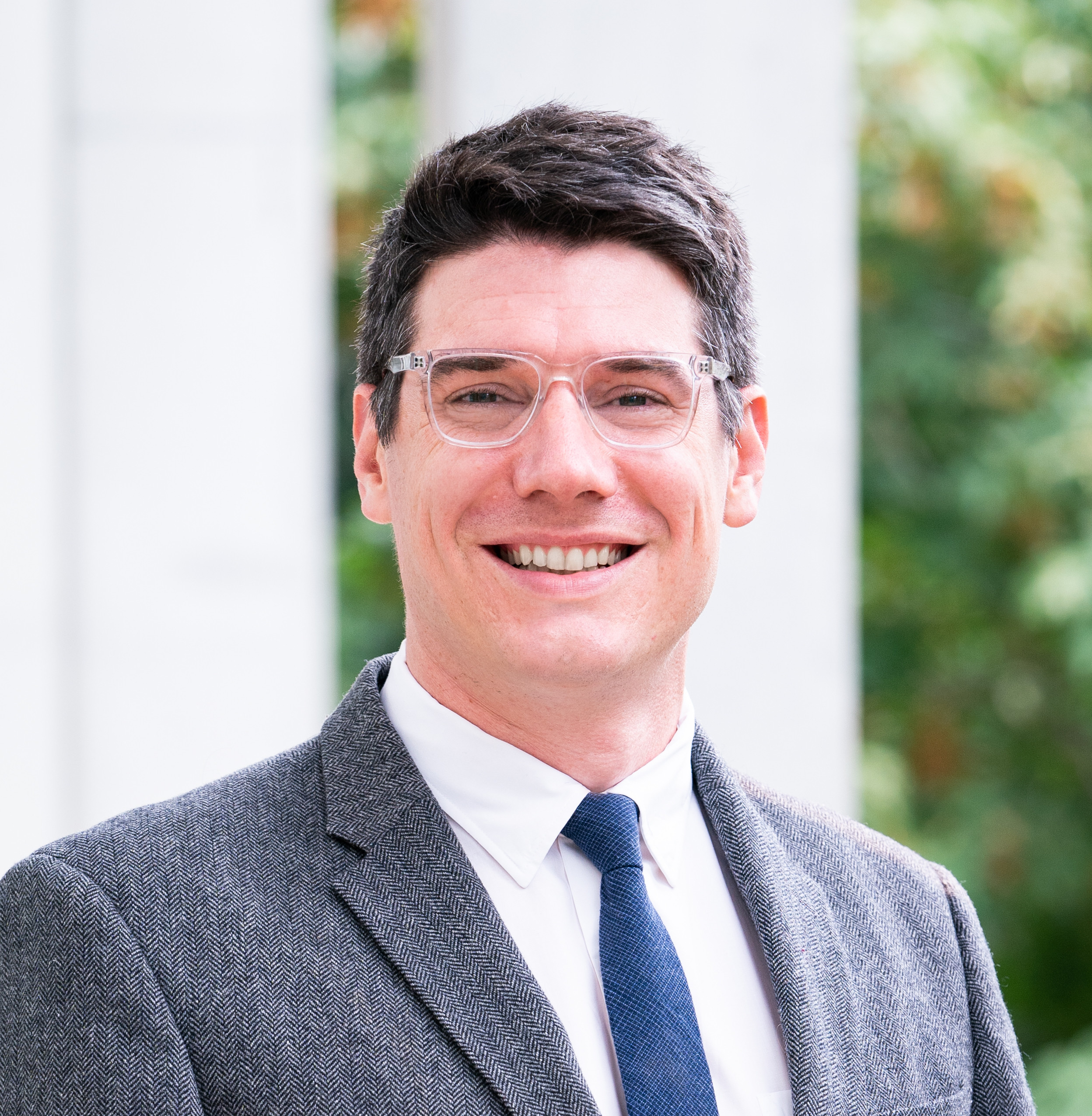The Foundation’s flagship Greenwall Faculty Scholars Program in Bioethics helps build the next generation of leaders in bioethics by supporting early-career faculty members to carry out innovative bioethics research, and by building an intellectually rich and active community. Since 2002, the Foundation has supported over 70 Scholars from more than 40 different institutions.
Foundation Announces Greenwall Faculty Scholars Class of 2027

Ryan Antiel, MD is Assistant Professor of Pediatric Surgery at the Duke University School of Medicine and a core faculty member at the Trent Center for Bioethics, Humanities, and History of Medicine. His project is “The Ethics of the Artificial Womb: Clinical Innovations at the Margins of Viability.”
Abstract: Surgical progress depends on innovation, yet until vetted through a clinical trial, it is unknown if said intervention adds or decreases risk. Thus, the ethics of clinical research has appropriately focused on protection of research subjects and obtaining meaningful consent. Although neonatal innovations have greatly decreased the mortality rate for extremely premature infants, those who survive still suffer significant disabilities. An emerging intervention, so-called artificial womb technology, offers hope for reducing death and disability. This innovation raises important ethical questions, and it remains to be known the risk tolerance of parents for such innovation.

Kayte Spector-Bagdady, JD is Assistant Professor of Obstetrics and Gynecology and interim Co-Director at the University of Michigan’s Center for Bioethics and Social Sciences in Medicine. Her project is “Generative AI Challenges for Health Data Sharing and Research Integrity.”
Abstract: Generative artificial intelligence (GenAI) can analyze health data to generate synthetic content. Its use in healthcare will have a major impact on research, and raises novel bioethics challenges for data sharing and research integrity. Prof. Spector-Bagdady will seek to identify these novel GenAI challenges and characterize their ethical tensions, propose new guidelines for updating federal and institutional data use and sharing policies, and develop an ethics framework for “professional norms” to incorporate GenAI into research integrity requirements. Her project aims to have a major impact on GenAI research policy and practice by generating responsive, concrete, and ethically grounded scholarship and guidance.

Tyler Tate, MD is Assistant Professor of Pediatrics at Oregon Health & Science University’s School of Medicine and will be joining the faculty at Stanford University in July 2024. His project is “Understanding and navigating claims of child suffering in pediatric ethics and practice.”
Abstract: One of the major challenges of pediatric medicine and pediatric ethics is navigating secondhand claims of suffering, which are claims of perceived suffering made on the behalf of sick children who cannot speak for themselves. These claims often result in significant action, like the discontinuation of life-sustaining therapies. However, despite their influence, the meaning, validity, and value of these claims is frequently unclear. To address these challenges, Dr. Tate’s project will seek to accomplish two tasks: first, develop a novel theory of pediatric suffering; second, outline an ethical framework that delineates the basic obligations that pediatric suffering generates.